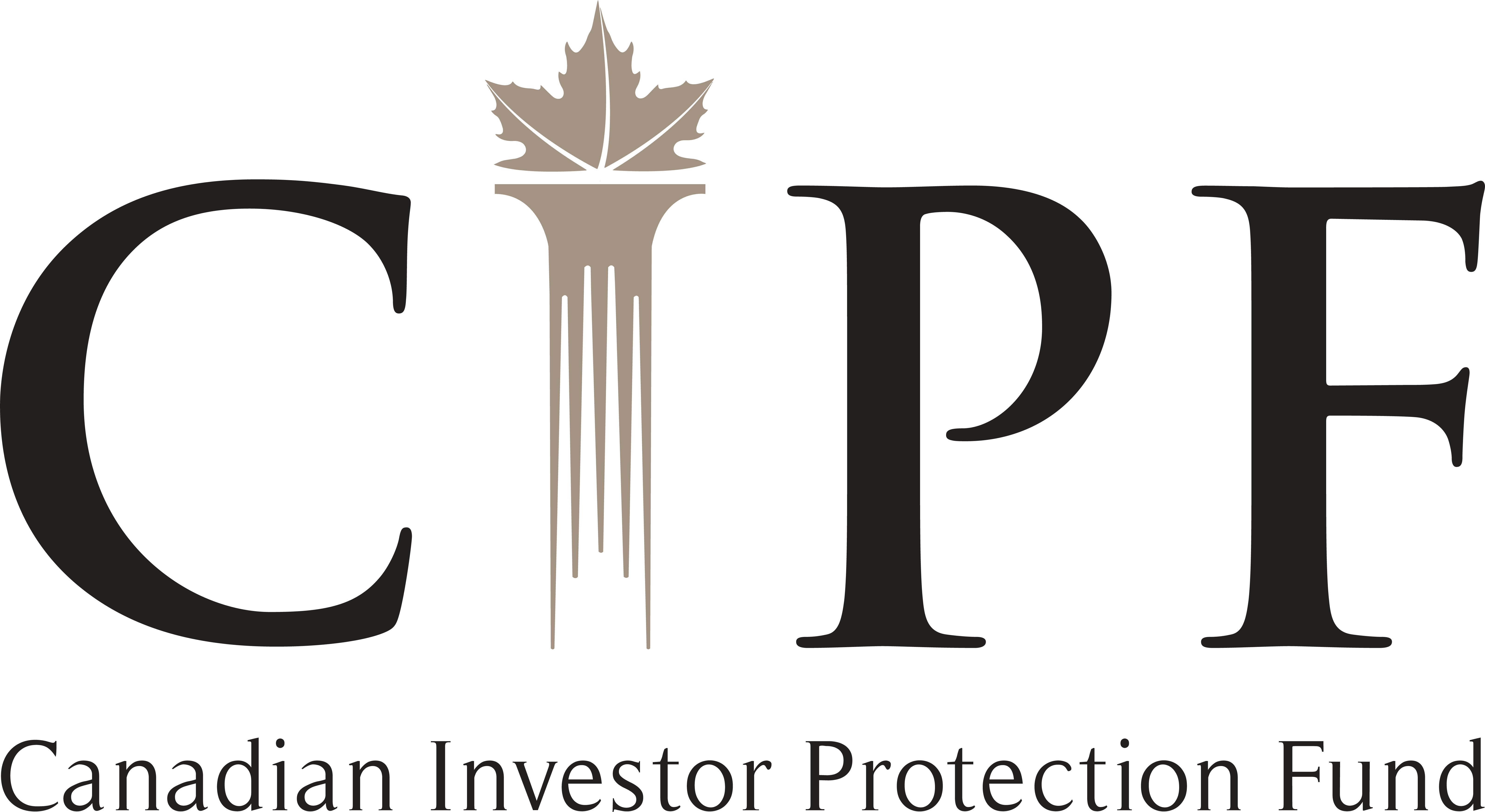Canadian Investor Protection Fund
News & Publications
CIPF Responds to the Consultation Report issued by the Ontario Capital Markets Modernization Taskforce
We have reviewed, with great interest, the Consultation Report issued by the Taskforce in July 2020 as part of its work in reviewing and making recommendations to modernize the Ontario capital markets regulatory framework. We support the mandate of the Taskforce and concur with many of the key objectives identified in the Consultation Report and, in particular, that of enhancing investor protection. As a key participant in the Ontario capital markets with a mandate to provide specific protection to clients of IIROC dealer members, we have a fundamental interest in all initiatives designed to safeguard the interests of investors and appreciate the opportunity to provide comments on elements of the Consultation Report of relevance to CIPF.
The Taskforce has proposed that a single self-regulatory organization (“SRO”) structure be established in a two-phased approach covering all registered firms distributing products and providing advice to investors in Ontario. The proposal is intended to reduce regulatory fragmentation and arbitrage and otherwise streamline and simplify regulatory oversight. CIPF agrees that consistent, uniform and transparent regulation and regulatory oversight is of great benefit to investors and serves to safeguard their interests. These principles underscore the value of affording all investors equivalent protection. At this time, clients of dealers regulated by IIROC and the MFDA have the benefit of the protection afforded by CIPF (in the case of IIROC dealer members) and the MFDA Investor Protection Corporation (in the case of MFDA dealer members). Clients of exempt market dealers, portfolio managers and scholarship plan dealers are currently not afforded such protection. CIPF strongly urges the Taskforce to consider including in its final report to the Minister of Finance a recommendation that membership in a compensation fund be a requirement for all registered firms distributing products and providing advice to investors in Ontario on a basis commensurate with each firm’s size and risk profile. This will contribute to the
harmonization of capital markets regulation in Ontario, promote a level playing field among the participants in those markets and improve the protection currently afforded certain classes of investors in the Province. The recommendation would further the stated intention of the Taskforce to “promote growth and competition in Ontario’s capital markets while upholding investor protection”.
While CIPF is not a regulator, we are subject to the oversight of the CSA and maintain a close relationship with IIROC. Accordingly, we have (and continue to) adhere to stringent principles of governance befitting regulatory bodies. In this context, we paid some attention to those elements of the Consultation Report addressing SRO governance matters. We strongly support recommendations designed to foster board diversity and board independence (including prescribing independence criteria and mandating both director term limits and governance policies requiring diversity to be considered in the nomination of directors). It must, however, be recognized that the regulation and oversight of capital markets and their participants involves exceedingly complex considerations in a rapidly evolving environment. The importance of expertise and familiarity with capital market operations and practices cannot be understated. The Taskforce has proposed that the number of independent directors of an SRO should be higher than the number of industry directors and the chair of an SRO board should always be independent. CIPF does not consider these proposals to strike the appropriate balance between independence and experience and, instead, encourages the Taskforce to consider the approach currently reflected in CIPF’s governance. CIPF’s board consists of an equal number of independent and industry directors together with the Chair and the President and Chief Executive Officer of CIPF. The chair of the board is appointed by the board for a two year term and is selected from among the independent and industry directors and, as a matter of practice, effort is made to ensure that both groups are equally represented in the position over time. In this way, the benefits of independence and expertise are attained. The appointment of independent chairs of relevant board committees (such as the Audit, Finance & Investment Committee and the Coverage Committee) ensures that matters requiring independent oversight are so overseen.
(especially in light of the fiduciary duties of directors and officers). Moreover, such involvement of the OSC or CSA in the appointment of management and the board of an SRO belies the status of the SRO as a non-governmental entity. The SROs in Ontario are neither Crown corporations, nor agencies or departments of the government. In our view, the appointment of the chief executive officer and nomination of directors of an SRO is best entrusted to the nominating committee and board of the SRO.
Again, we appreciate the opportunity to respond to your request for comment and trust that you find our feedback relevant. Please do not hesitate to contact our President and Chief Executive Officer, Rozanne Reszel at [email protected] if you would like to discuss our comments in greater detail.

